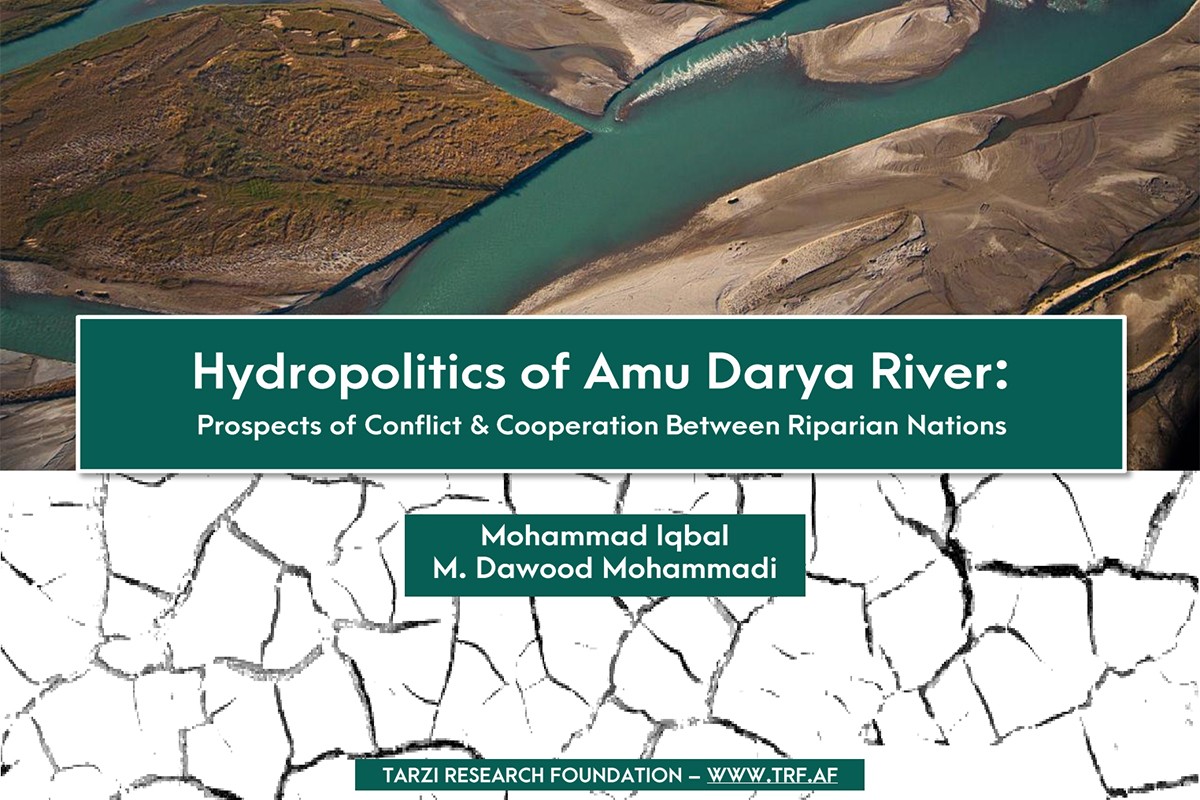The lack of transboundary water agreements/institutions between Afghanistan and its northern neighboring countries over the ADRB is significantly affecting the inter-state multilateral cooperation and the status of the water resources. No water resource sharing schemes were ever stipulated. If the Amu Darya River does not manage sustainably, in that case, it can turn over to be the prime cause of tension among the riparian countries connected through historical, cultural, environmental, and economic ties. The potential of interstate conflict and the opportunities of cooperation between the riparian on the water is mainly sourced in the state’s national interest. This policy paper’s primary focus is to answer the reasons for Afghanistan’s exclusion from the ADRB and current hydropolitics over the ADRB. It also focuses on inter-state cooperation as a catalyst for settlement water conflicts among the riparian nations. This research suggests that effective and multi-sectoral cooperation on Amu Darya River Basin is imperative rather than water-related conflicts. It put forward that water, energy, trade routes, and other sources of connectivity can bring Afghanistan and CARs together to initiate the potentials that they have. It would also help Amu Darya River Basin equitable and reasonable water resources utilization and help the Aral Sea in sustainable development. Despite the hydro-connectivity, the geo-economics connectivity is also promising in the region.
| Language | English |
|---|---|
| Date of Publication | 2021-04-01 |
| Total Pages | 42 |
| Attachment | Download |

